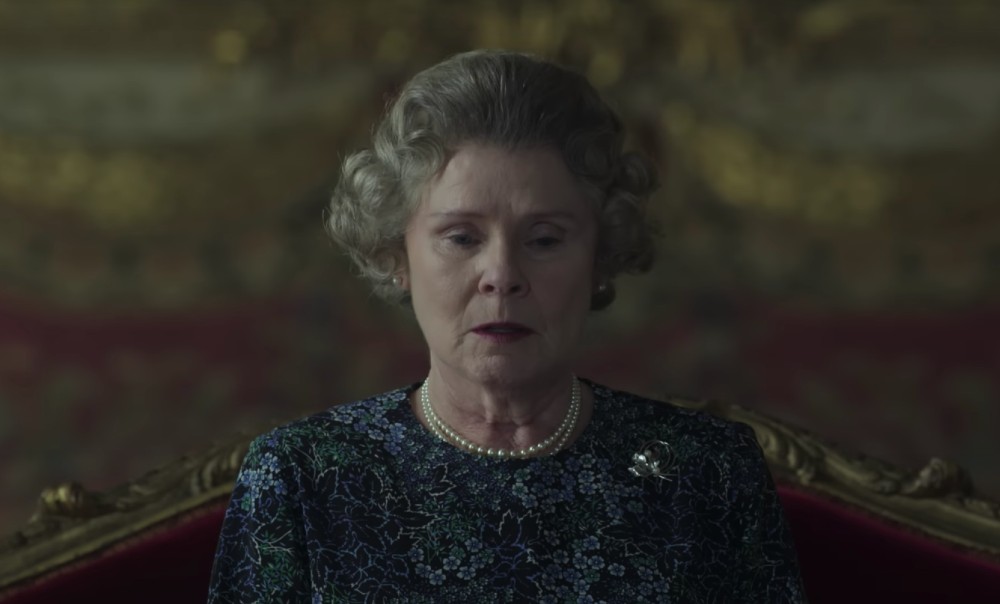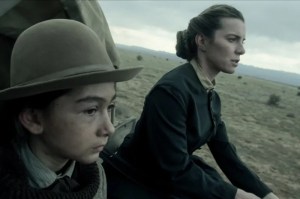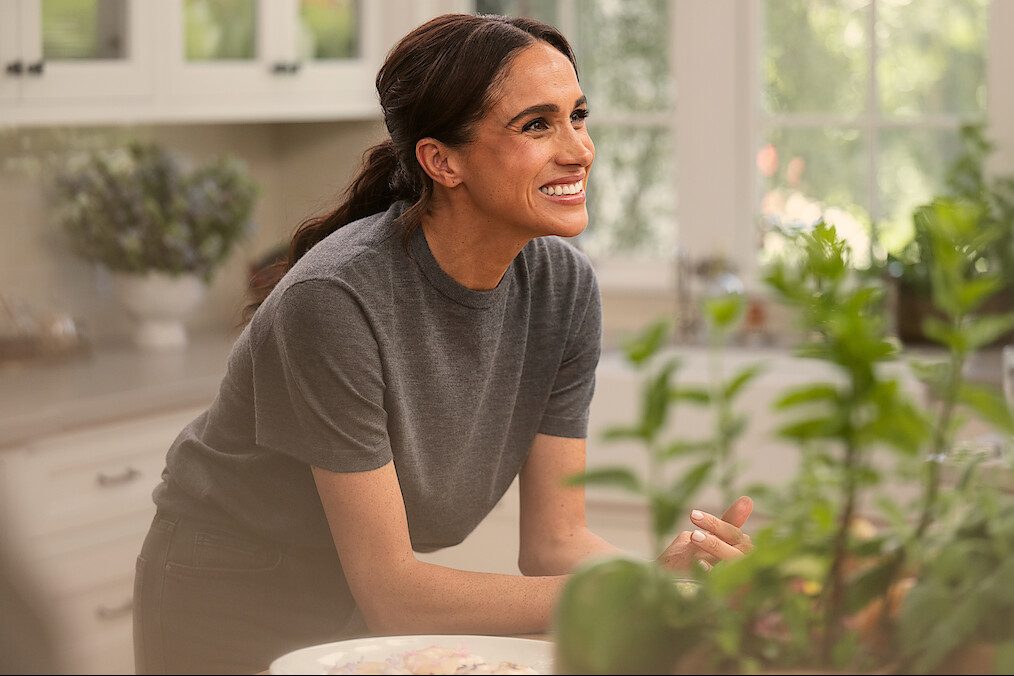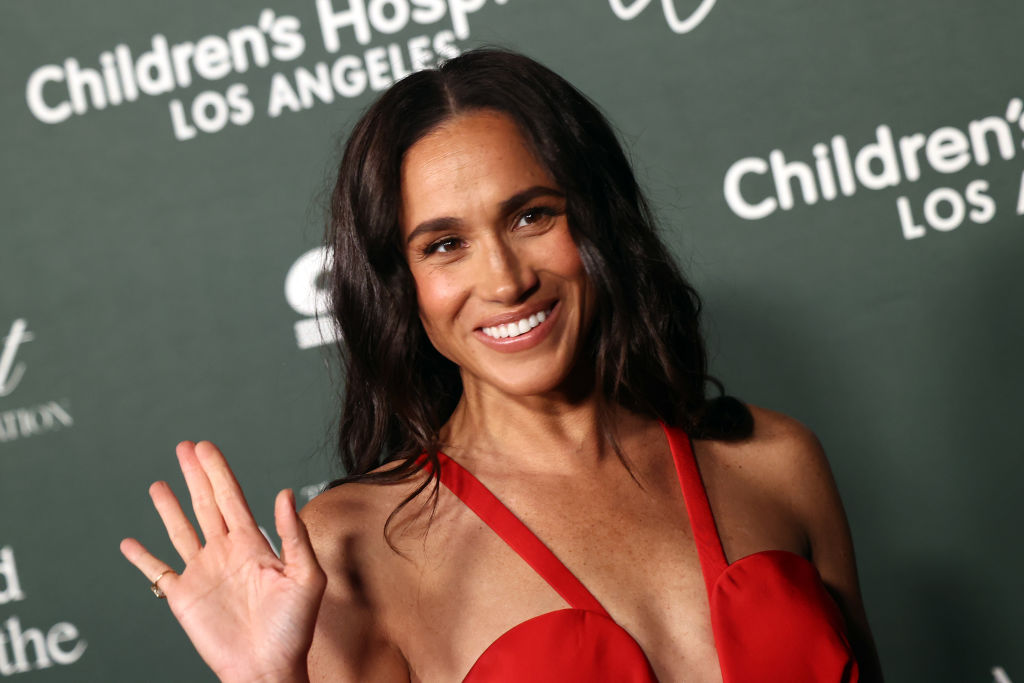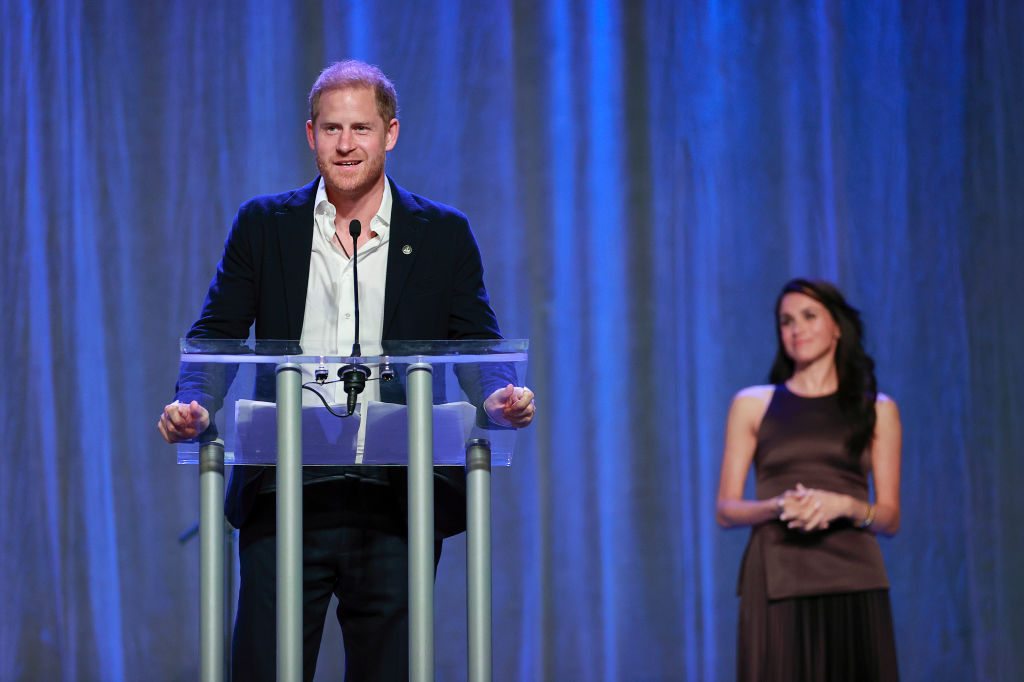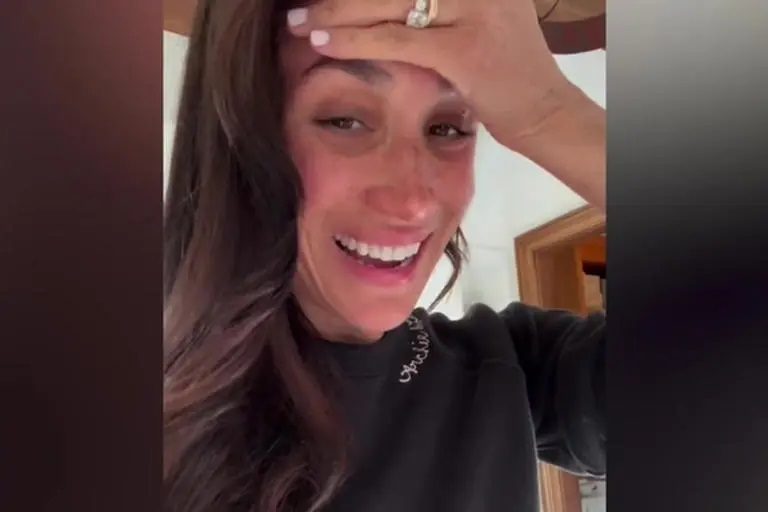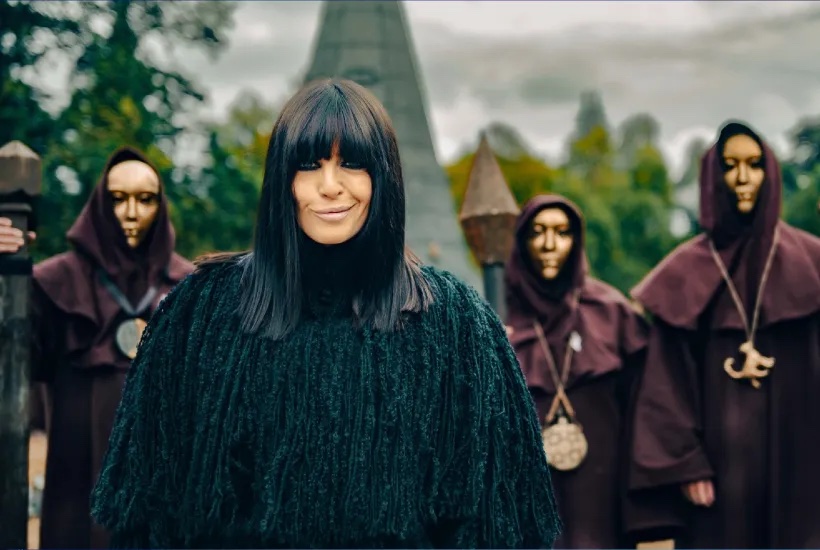Nobody ever expects Peter Morgan’s royal soap opera The Crown to deliver unfettered accuracy, but even by its own standards, the fifth series has taken a battering in the British press. Former prime ministers John Major and Tony Blair — both of whom are depicted this time round — have come forward to denounce the scenes in which they appear as “injurious and untrue” (Major) and “complete and utter rubbish” (Blair). There has even been pressure on Netflix, as yet unbowed to, for each episode to feature a disclaimer stating that it is a work of fiction.
The cynical might argue that politicians and actors — step forward, Dame Judi Dench — savaging a streaming service’s flagship show is the best imaginable publicity for it. But does The Crown‘s latest season succeed as entertainment rather than just provocation?
The answer is “yes, for the most part.” The show’s habit of switching its entire cast every two seasons is no less disconcerting this time round, and it takes a good couple of episodes to get used to Imelda Staunton stepping into the Claire Foy and Olivia Colman-shaped breach. It’s all the more disconcerting because the series starts with a black-and-white flashback of Foy as QEII launching the HMS Britannia, implicitly reminding the viewer of the challenges that Staunton faces.
This season focuses as much on Dominic West’s Prince Charles and Elizabeth Debicki’s Princess Diana as it does any of the other members of the royal family. The greatest surprise is how generous Morgan’s scripts are to both, convincingly portraying Charles as a frustrated, even progressive modernizer and Diana as a sensitive, intelligent young woman caught up in a situation she can’t control.
Over the course of the ten episodes, Morgan does his usual schtick of reaching forward and backwards in history. Sometimes this is extremely welcome: the third episode, “Mou Mou,” focuses on the relationship between the businessman Mohamed al-Fayed and his doomed son Dodi, and allows for a return by Alex Jennings, pitch-perfect as ever as the narcissistic but well-dressed Duke of Windsor. On other occasions, his reach exceeds his grasp. The frankly tedious “Ipatiev House” touches on issues of royal complicity in the murder of the Romanovs in 1917, but gets bogged down in a subplot revolving around Prince Philip’s close friendship with a glamorous younger aristocrat, whom he accompanies on carriage rides. The show is not above the euphemistic smirk, even as it studiously avoids any suggestion that Jonathan Pryce’s splenetic prince is, you know, an adulterer.
No such indulgence is given to his son, and rightly so. Morgan’s writing is at its best when it finds new twists on well-worn reality. The notorious “tampon” conversations between Charles and his mistress Camilla Parker-Bowles is here recast as a tender and romantic moment, cruelly exploited by the tabloid press, while the relationship between Princess Diana and her Panorama interviewer Martin Bashir gains immeasurably from Prasanna Puwanarajah’s sweaty presentation of Bashir as little more than a conman, cruelly exploiting Diana with forged documents in order to achieve his nefarious ends.
These are more successful than the show’s complete fabrications. A scene in which Charles visits Major to sound out his support for asking his mother to abdicate feels both on-the-nose and fanciful, and a reunion scene between Princess Margaret and her great lost love Peter Townshend is the stuff of Mills and Boon, despite excellent performances from Lesley Manville as Margaret and Timothy Dalton as Townshend.
I had expected the season to end in August 1997 with the death of Diana, but Morgan ends the show slightly before, with the election of Blair and the royal family in existential turmoil after the divorce of Charles and Diana. We all know what’s coming in season six — even if the major question is whether The Crown suggests that Diana’s end was anything other than a tragic accident — and perhaps this season will eventually be regarded as a curtain-raiser rather than particularly distinct in its own right.
Yet the flagrancy of its inventions aside, there is a mournful, elegiac quality to this season that sits very well in our own, post-Elizabeth era. Not the best series of The Crown, then, but hardly deserving of a lengthy stint in the Tower, either.



